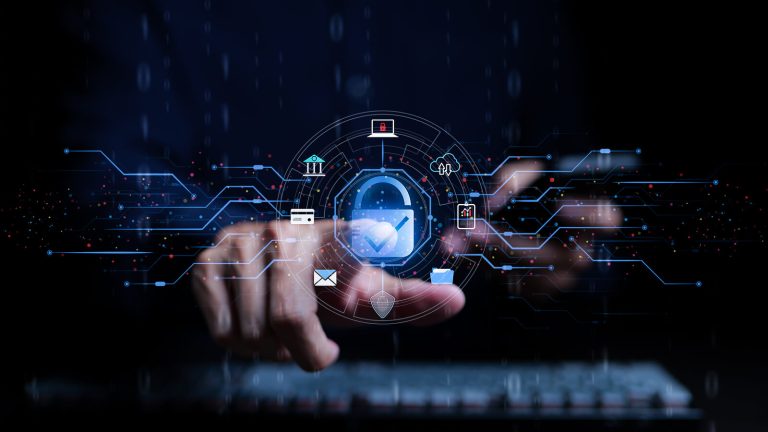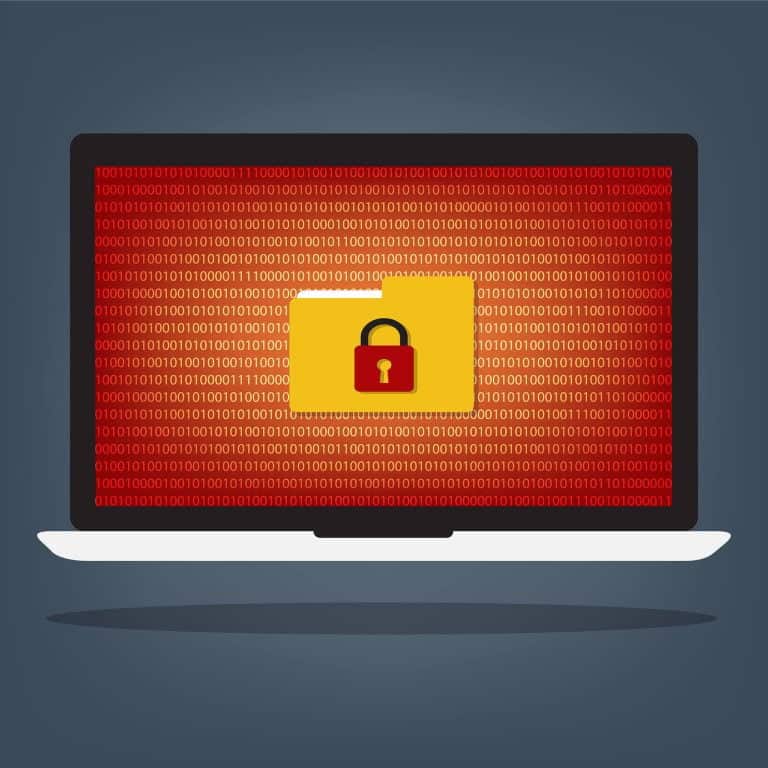Learn about Covid-19 phishing attacks that have taken hold during the pandemic.
The Coronavirus has been wreaking havoc all over the world. The virus is airborne, meaning that anyone can contract it if they are close enough to someone infected. It’s a scary thought. And yet, there are many uncomfortable non-heath-related aspects at play in how we react to this pandemic.
It’s no surprise that with the recent coronavirus pandemic, hackers are finding new ways to phish or scam users. One thing remains true: with the proper knowledge and precautions, you can avoid attempts made by hackers looking for an easy target. This blog post will show you how hackers are using the Covid-19 for phishing you.
Covid-19 Phishing Attacks Exploits People’s Fear and Curiosity
Amid COVID-19, cybercriminals have already been exploiting people’s fear and curiosity with phishing scams. Most often, they pose as a trusted friend or government agency to get unsuspecting victims to download malware or give away personal information by posing as an official health organization that delivers fake news about COVID-19.
The ease of remote work and telecommuting first made hackers impersonate trusted platforms, but they have now adapted their ways. Skype users are the most targeted by cybercrime because it’s easy for them to get a hold of your information through chat logs or video capture that you might not be paying attention to during the call.
Some Examples of Covid-19 Phishing Scams
Suspicious Attachments and Links
Covid-19 Phishing attacks are becoming more sophisticated, phishing attacks coming in the form of an email pretending to be a link to voicemail containing COVID-19 update. The email contains a small HTML file which directs users towards spoofing the login page and prompts them for credentials when they click on it.
Fake websites are not to be trusted. They often appear legitimate by looking like the real thing and claiming you’ll get something but really it’s just harvesting your information for malicious purposes such as passwords or credit card numbers which can lead to identity theft.
Providing Tips and Cures to Spread Malware
Email scams are a common problem in the digital age, but we’ve seen an uptick lately with Coronavirus. These spam messages contain promises of natural cures and advice to “avoid” it. The truth is that there’s no cure for this virus; all you can do is try your best to stay healthy while still going about your daily life as usual.
Internet users are bombarded by spam messages promising cures for the Coronavirus, fake products, and ways to counter the pandemic that will cost you your money or identity. The emails contain links to suspicious websites designed with one thing in mind: separating people from their hard-earned cash and personal information.
Phishing People Working from Home
Remote work employees or any who works from home are more vulnerable to attacks because they use remote tools like video conferencing services. Although many people worldwide work remotely, experts agree that there is a lot of potential for cybercriminals looking to exploit these vulnerabilities.
Phishing emails are not the only way attackers target people. Remote working platforms pose a significant security risk too, and so do virtual private networks that many people use to log in to their office servers from home or abroad with Zoom video conferencing platform, for example, now boasting millions of new users as more and more companies force workers into remote social distancing due to fear of traveling overseas where some countries have instituted travel bans.
Protecting Your Data Against the Attacks
A meaningful way to keep employees productive while working from home is by reminding them of the importance of internet security. For example, it’s crucial not to open emails or download attachments unless they come from people you trust – hackers are more likely to attack when your employees least expect it!
Conclusion
Covid-19 Phishing attacks and scams in general are a huge problem for the internet. It doesn’t matter if it’s an email from your bank asking for sensitive info or a link promising free antivirus software–these days, there isn’t anything safe on the internet anymore! Duocircle can help protect you against hackers and other cybercriminals with our comprehensive email security suite, which will stop malware before it reaches your computer.




